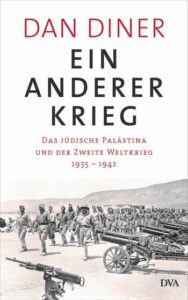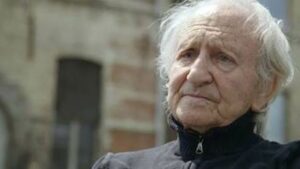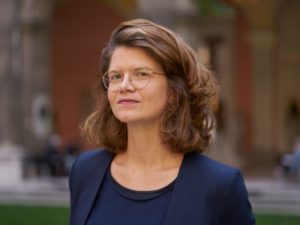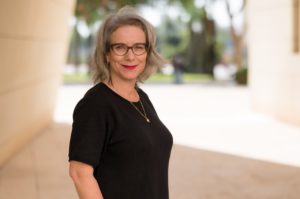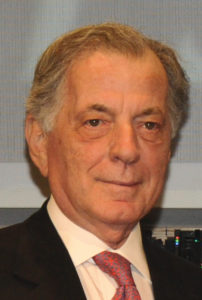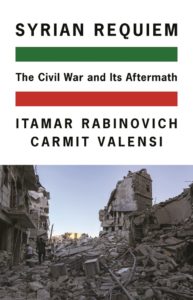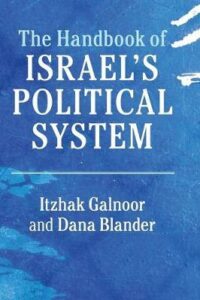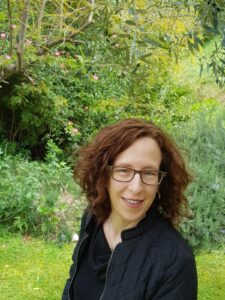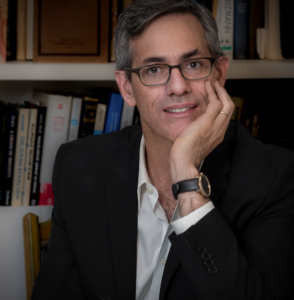27 June 2022. Lecture with Univ Prof (em.) Dr Dan Diner
„Kontingenz. Das jüdische Palästina und der Zweite Weltkrieg“
“The lecture deals with a core part of the Jewish-Palestinian understanding during the Second World War: namely, the threat of the Yishuv by the German-Italian troops advancing under the command of Rommel approaching Egypt in the summer of 1942. In doing so, in this case, it is essential to describe the situation of the area of the British Mandate in general in the context of WWII. In terms of historical theory, the lecture deals with the empirical object, telos, and contingency and is underlining the question of historical amnesia.
In cooperation with the University of Vienna, Department of Contemporary History
Venue: University of Vienna, Sky Loung
Welcome: Univ Prof DDr Oliver Rathkolb
Moderator: Univ Prof (em.) Dr Mitchell Ash
Order here


